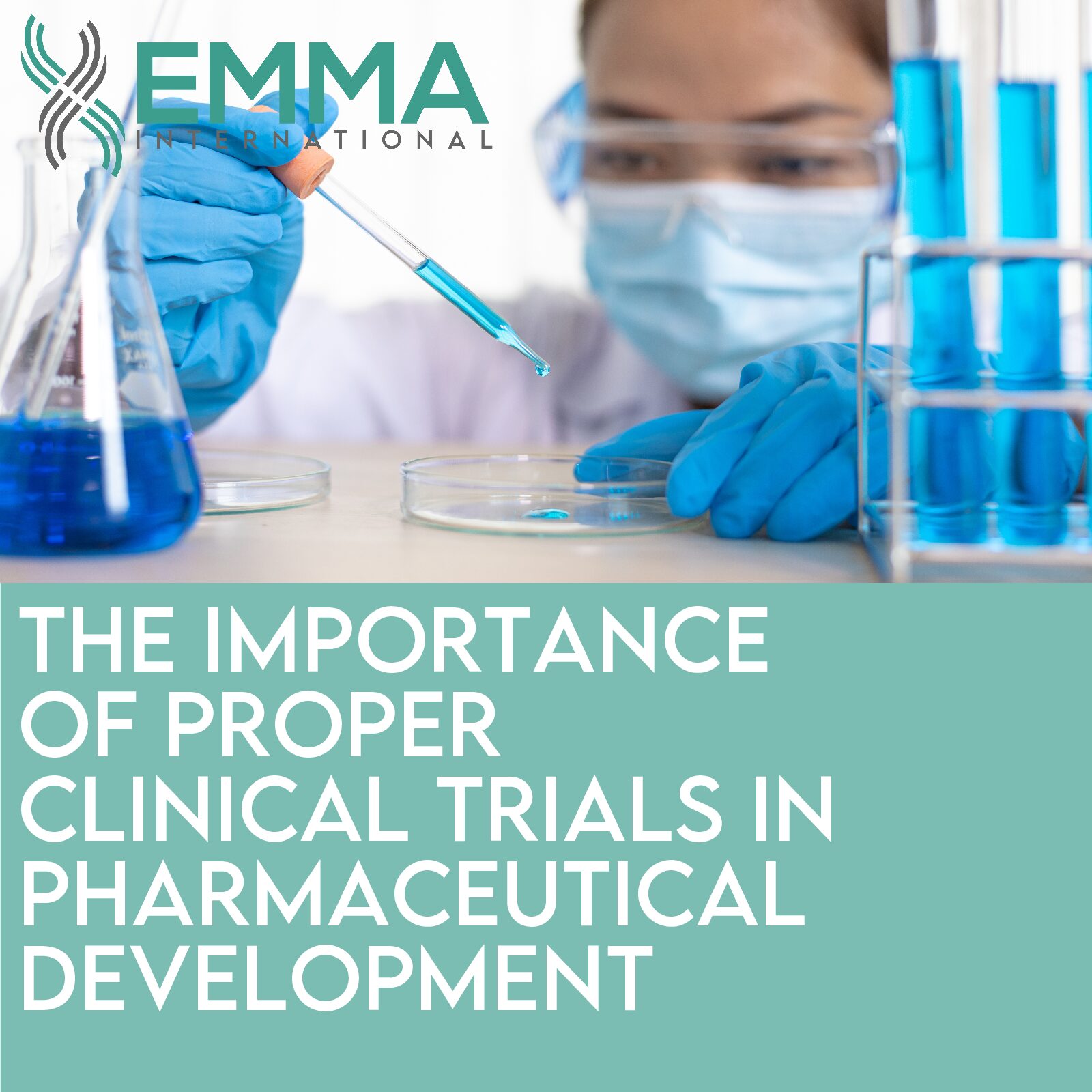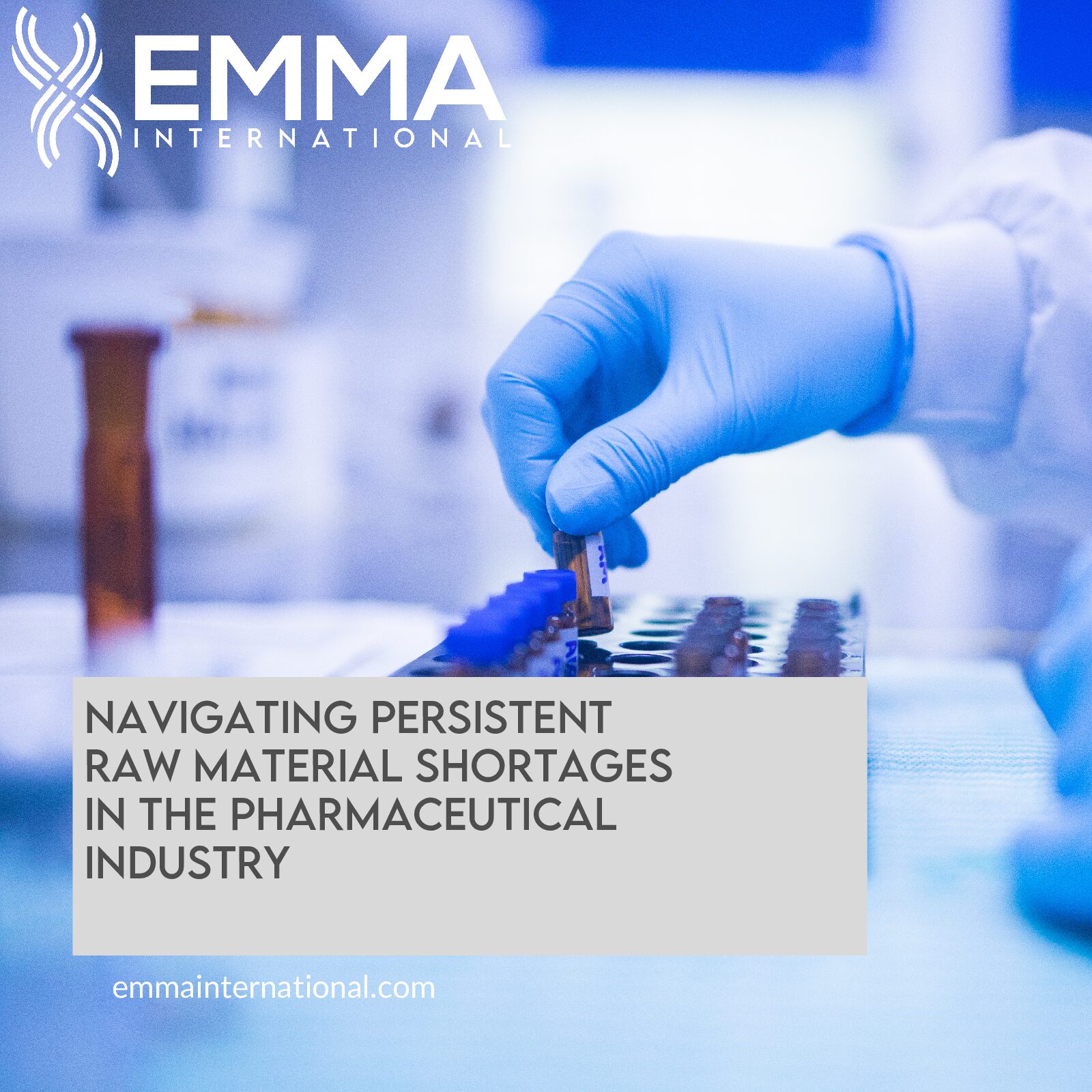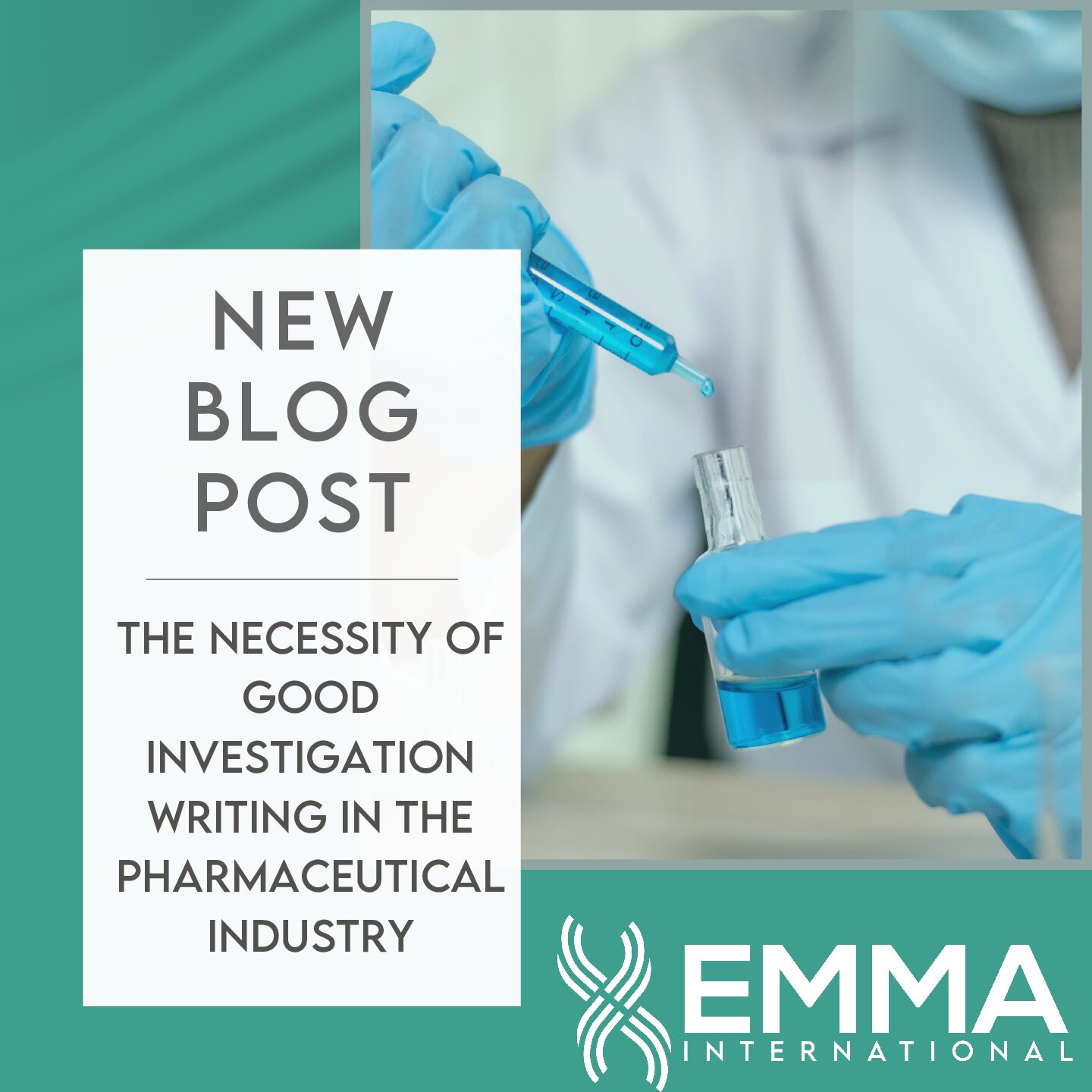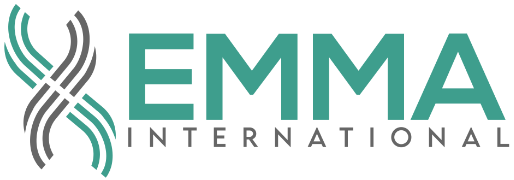Opening a 503B compounding facility is a significant undertaking that involves navigating a complex web of quality and regulatory requirements. These facilities, authorized under the Drug Quality and Security Act (DQSA) of 2013, produce large batches of compounded drugs that are not patient-specific, unlike 503A facilities. The goal is to meet a higher standard of manufacturing quality and ensure the safety and efficacy of compounded medications. Below, we outline the key quality and regulatory requirements essential for establishing and operating a 503B compounding facility.
One of the first steps in opening a 503B facility is registering with the FDA as an outsourcing facility. This process involves submitting an initial registration through the FDA’s Electronic Submissions Gateway. Once registered, the facility will be subject to regular FDA inspections to ensure compliance with Good Manufacturing Practices (GMP).
503B facilities must adhere to cGMP standards, which are more stringent than those for 503A facilities. cGMP encompasses a wide range of practices aimed at ensuring products are produced consistently and controlled according to quality standards. This includes the design and maintenance of the manufacturing facility, equipment qualification, process validation, and rigorous testing of products.
Quality control (QC) and quality assurance (QA) are critical components of a 503B facility’s operations. QC involves the testing and verification of product quality through various stages of manufacturing. QA ensures that manufacturing processes are designed and executed to meet predefined quality standards. Additionally, ensuring that all personnel are adequately trained and competent is essential. This includes training in cGMP, SOPs, and specific compounding techniques. Continuous education and competency assessments help maintain high standards of operation.
Maintaining a controlled and clean environment is crucial for compounding sterile and non-sterile products. Environmental monitoring programs should be established to routinely assess air quality, surface cleanliness, and microbial contamination levels. Further to that, 503B facilities must conduct rigorous testing of their products, including potency, sterility, and endotoxin testing, where applicable. Stability studies are also required to determine the shelf life of compounded products and ensure they remain safe and effective over time.
Accurate and thorough documentation is a cornerstone of compliance. This includes maintaining records of manufacturing processes, batch records, QC tests, and personnel training. Proper documentation ensures traceability and accountability, which are vital during FDA inspections. Additionally, as part of regulatory compliance, 503B facilities must have a system in place for documenting and reporting adverse events related to their products. This involves documenting any adverse reactions and promptly notifying the FDA.
Opening and operating a 503B compounding facility requires a deep commitment to quality and regulatory compliance. By adhering to FDA guidelines, implementing cGMP standards, and establishing robust QC and QA programs, a 503B facility can produce safe, effective, and high-quality compounded medications. Proper training, documentation, and environmental monitoring further ensure that these facilities meet the stringent requirements necessary to protect public health.
With expertise in regulatory, quality, and compliance, as well as operations and clinical services, EMMA International is your single-source consulting solution. Our in-house experts, combined with our scientific partners, ensure a seamless experience that will ensure compliance. Ready to learn more? Call us at 248-987-4497 or email info@emmainternational.com to get in touch with our team of 503B experts!
FDA (March 2022) Information for Outsourcing Facilities retrieved from: https://www.fda.gov/drugs/human-drug-compounding/information-outsourcing-facilities






